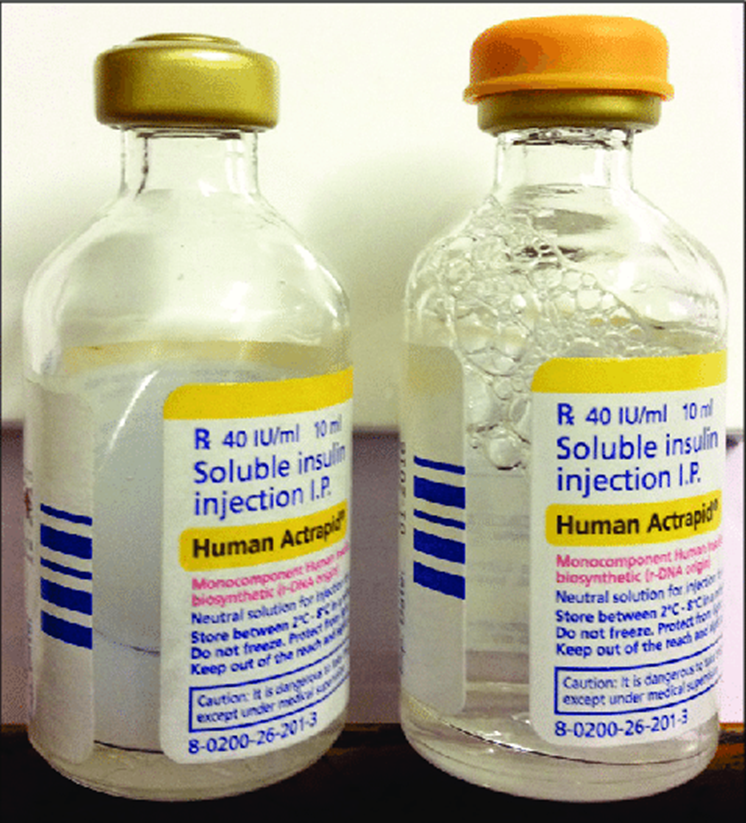A client has hypocalcemia caused by a parathyroid hormone deficiency. Which medication should the nurse anticipate administering to this client?
Calcitonin (Fortical).
Calcium (PO or via IVPB).
Vitamin B12.
Vitamin D3 (Calcitriol).
The Correct Answer is B
Choice A rationale:
Calcitonin (Fortical) is a hormone that lowers blood calcium levels. It is not indicated for the treatment of hypocalcemia caused by parathyroid hormone deficiency. In fact, it could worsen the condition by further reducing calcium levels.
Calcitonin is primarily used to treat hypercalcemia (high calcium levels) and osteoporosis.
It works by inhibiting osteoclast activity, which reduces bone resorption and calcium release into the bloodstream.
Choice B rationale:
Calcium is the essential mineral for treating hypocalcemia. It directly replenishes calcium levels in the blood.
Calcium can be administered orally (PO) or intravenously (IVPB), depending on the severity of the hypocalcemia and the patient's condition.
Oral calcium is often preferred for mild to moderate hypocalcemia, while IV calcium is typically used for severe hypocalcemia or when rapid correction is necessary.
Calcium supplements are available in various forms, including calcium carbonate, calcium citrate, and calcium gluconate. The dosage of calcium will be individualized based on the patient's serum calcium levels and clinical response.
Choice C rationale:
Vitamin B12 is not directly involved in calcium regulation. It is essential for red blood cell production and nerve function. While vitamin B12 deficiency can sometimes be associated with hypocalcemia, it is not a primary treatment for this condition. Choice D rationale:
Vitamin D3 (Calcitriol) is a hormone that aids in calcium absorption from the intestines. It is often used in conjunction with calcium supplements to treat hypocalcemia.
However, vitamin D3 alone is not sufficient to treat hypocalcemia caused by parathyroid hormone deficiency. Parathyroid hormone is essential for activating vitamin D3 in the kidneys, so its deficiency limits the effectiveness of vitamin D3.
Nursing Test Bank
Naxlex Comprehensive Predictor Exams
Related Questions
Correct Answer is A
Explanation
Choice A rationale:
Oxytocin is a hormone that stimulates uterine contractions. It is not a tocolytic, which is a medication that inhibits uterine contractions. In fact, oxytocin is often used to induce labor or to augment labor that is progressing slowly.
It acts on the myofibrils in the uterine muscle, causing them to contract more forcefully and frequently. This leads to cervical dilation and effacement, and ultimately to the birth of the baby.
Oxytocin is typically administered as an intravenous (IV) infusion. The dosage is carefully titrated to achieve the desired effect on the uterus.
It is important to note that oxytocin can have serious side effects, including uterine hyperstimulation, fetal distress, and postpartum hemorrhage. Therefore, it should only be used under the close supervision of a healthcare provider.
Choice B rationale:
Magnesium sulfate is a tocolytic that is often used to prevent preterm labor. It works by relaxing the smooth muscle of the uterus.
It is typically administered as an IV infusion. The dosage is carefully monitored to ensure that the magnesium level in the blood does not become too high.
Side effects of magnesium sulfate can include flushing, nausea, vomiting, and headache. In rare cases, it can also cause serious complications such as respiratory depression and cardiac arrest.
Choice C rationale:
Nifedipine is a calcium channel blocker that is sometimes used as a tocolytic. It works by relaxing the smooth muscle of the uterus and blood vessels.
It is typically administered as an oral tablet. Side effects of nifedipine can include headache, dizziness, flushing, and low blood pressure.
Choice D rationale:
Indomethacin is a nonsteroidal anti-inflammatory drug (NSAID) that is sometimes used as a tocolytic. It works by inhibiting the production of prostaglandins, which are substances that promote uterine contractions.
It is typically administered as an oral tablet or suppository. Side effects of indomethacin can include nausea, vomiting, heartburn, and diarrhea.
Correct Answer is B
Explanation
Choice A Rationale:
NPH insulin can be mixed with certain other insulins, such as regular insulin, to achieve different effects and better control blood glucose levels. Therefore, stating that it should never be mixed with another insulin is incorrect.
Choice C rationale:
NPH insulin is an intermediate-acting insulin that can be administered at various times of the day, depending on the individual's needs and blood glucose patterns. It is not restricted to bedtime administration only.
Choice D rationale:
When mixing NPH insulin with another insulin, the order of mixing does not significantly affect its action. The crucial aspect is to ensure proper mixing of the insulins before administration.
Choice B rationale:
NPH insulin is a suspension, meaning the insulin particles are not fully dissolved in the liquid. Therefore, it's essential to roll the vial gently between the palms to evenly distribute the insulin particles throughout the solution. This ensures that the patient receives the correct dose and prevents injection of an uneven mixture, which could lead to unpredictable blood glucose levels.
Key points to remember:
NPH insulin is an intermediate-acting insulin that starts working within 1 to 2 hours, peaks in 4 to 12 hours, and lasts for 12 to 18 hours.
It can be mixed with regular insulin to provide both short-acting and longer-acting insulin coverage. Always follow the specific instructions provided by the insulin manufacturer and healthcare provider. Proper mixing of NPH insulin is crucial for accurate dosing and optimal glucose control.

Whether you are a student looking to ace your exams or a practicing nurse seeking to enhance your expertise , our nursing education contents will empower you with the confidence and competence to make a difference in the lives of patients and become a respected leader in the healthcare field.
Visit Naxlex, invest in your future and unlock endless possibilities with our unparalleled nursing education contents today
Report Wrong Answer on the Current Question
Do you disagree with the answer? If yes, what is your expected answer? Explain.
Kindly be descriptive with the issue you are facing.
